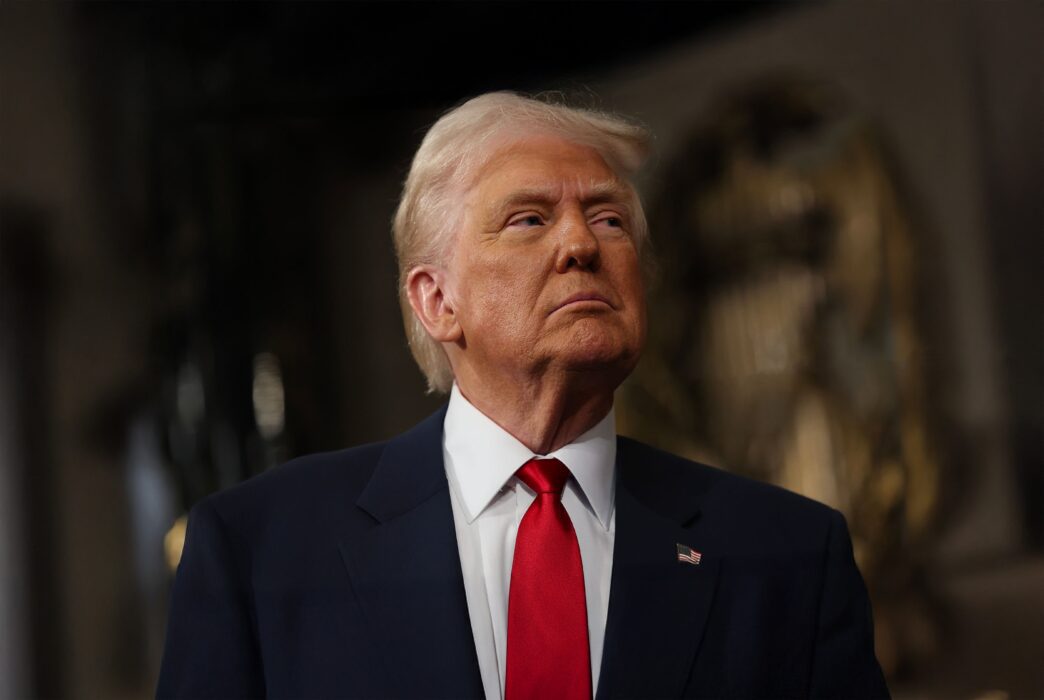Executive Summary
The Story So Far
Why This Matters
Who Thinks What?
The recent resolution of a government shutdown has left President Donald Trump and the Republican Party confronting a significant political challenge regarding health care, as Democrats failed to secure an extension of enhanced Affordable Care Act (ACA) subsidies. This outcome places renewed pressure on Republicans to address rising health care costs, an issue President Trump has repeatedly vowed to fix without delivering a comprehensive plan.
On November 10, 2025, President Trump promised an “imminent solution” to the nation’s health care crisis, hinting at a vague proposal to send “trillions and trillions of dollars” directly to Americans affected by expiring ACA subsidies. This idea, which would bypass insurance firms, comes amidst a history of unfulfilled pledges from Trump on health care reform.
With the enhanced Obamacare subsidies set to expire, millions of citizens, including those not on ACA plans, are grappling with increasing premiums and high deductibles. Political analysts suggest that if the GOP cannot provide a viable solution to these affordability issues, their prospects in the 2026 midterm elections could be severely impacted.
Trump’s Past Promises on Health Care
President Trump’s current ambiguity on health care echoes his first term, during which promises to repeal and replace Obamacare with something “terrific” never materialized. The 2010 law has endured despite multiple Republican attempts to dismantle it, often without a viable alternative plan.
In 2016, Trump campaigned on a pledge to deliver new health care that would be both better and less expensive. Throughout his presidency, he made optimistic declarations, including a 2019 statement that the “Republican Party will be soon be known as the party of health care,” yet concrete, detailed plans remained elusive.
Republican Divisions Emerge
The health care debate has also highlighted internal Republican divisions. Representative Marjorie Taylor Greene publicly criticized her party and President Trump over the expiring ACA subsidies, citing a potential doubling of premiums for her own family.
Greene’s outspokenness led to a public exchange with Trump, who stated she had “lost her way,” while Greene affirmed her “America first and only” stance. Her comments underscore a potential disconnect between the party’s leadership and the economic anxieties of everyday Americans.
A group of vulnerable House Republicans also urged Speaker Mike Johnson to address the expiring subsidies. In the Senate, Republican leader John Thune agreed to hold a vote in December on extending the subsidies, a move that will force GOP senators to take a public stance on the issue.
Speaker Johnson has not committed to a similar vote in the House, emphasizing a need for a “deliberative process.” This cautious approach, coupled with the GOP’s narrow majority, offers little optimism for swift and comprehensive health care reform.
Democratic Strategy and Public Opinion
Democrats, some of whom expressed anger over their moderate Senate colleagues’ compromise to end the shutdown, have leveraged the health care issue to attack Republicans. An NBC News poll conducted during the shutdown indicated that 10% of respondents identified health care costs as their top issue for the upcoming congressional elections.
The poll also found that 49% of respondents believed Democrats would handle health care better, compared to 26% for Republicans. Senator Jeanne Shaheen, who helped broker the shutdown deal, suggested the agreement would test Republicans’ seriousness in addressing health care affordability.
Trump’s Efforts to Lower Costs
Despite the broader challenges, the Trump administration has pursued initiatives aimed at reducing certain health care costs. These include the planned launch of TrumpRx, a direct-to-consumer website for prescription drugs, and a recent plan to make specific obesity drugs available at a reduced price through tariff breaks for pharmaceutical firms.
President Trump’s proposed direct cash payments to ACA policyholders also reflect a willingness to intervene in markets, a move that diverges from traditional conservative orthodoxy. However, this idea faces uncertainties regarding its coverage of shortfalls, fairness to other taxpayers, and alignment with GOP principles.
The unresolved health care crisis, particularly the expiring ACA subsidies and the lack of a detailed Republican plan, continues to pose a significant and complex political dilemma for President Trump and the Republican Party, potentially impacting upcoming election cycles.








